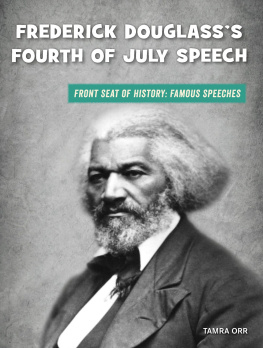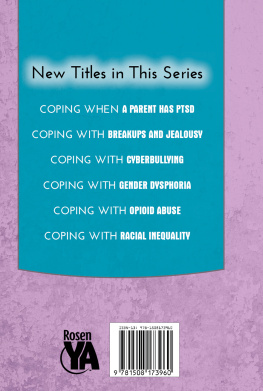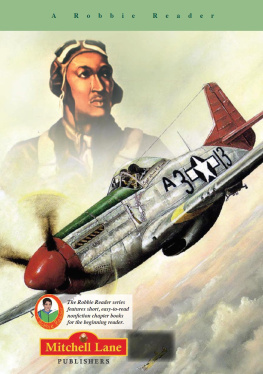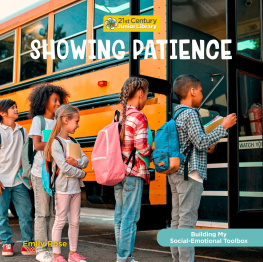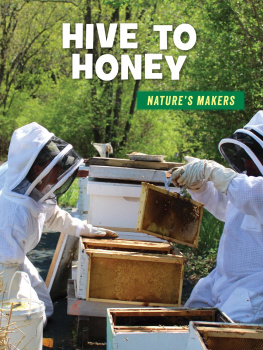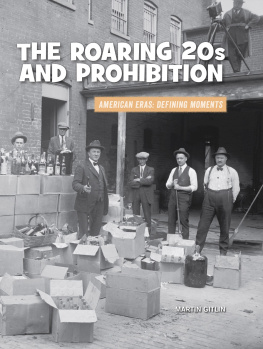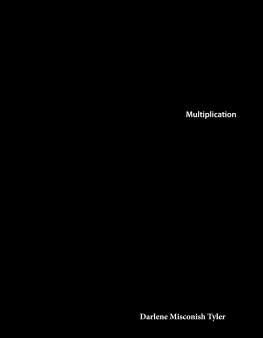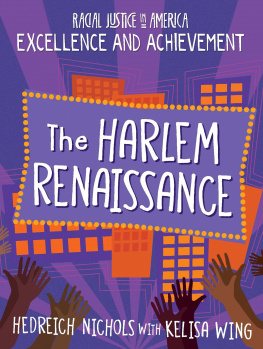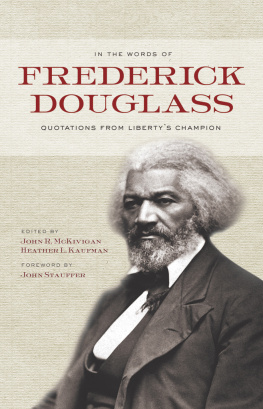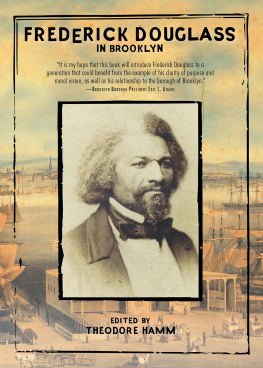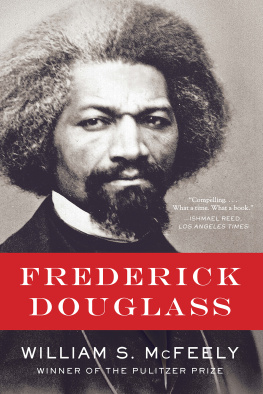Table of Contents
Guide
Page List
Published in the United States of America by Cherry Lake Publishing Group
Ann Arbor, Michigan
www.cherrylakepublishing.com
Reading Adviser: Marla Conn, MS, Ed., Literacy specialist, Read-Ability, Inc.
Content Adviser: Adam Fulton Johnson, PhD, Assistant Professor, History, Philosophy, and Sociology
of Science, Michigan State University
Photo credits: Glasshouse Images/Alamy Stock Photo, cover; Everett Historical/Shutterstock.com,
5, 20, 25, 28 [bottom], 29; Sean Pavone/Shutterstock.com, 6; National Park Service, FRDO
246, 8; National Park Service, FRDO 3912, 9; Library of Congress, LC-DIG-ppmsca-54232, 10;
Zodar/Shutterstock.com, 13; Library of Congress, LC-DIG-highsm-09902, 14; MARKA/Alamy
Stock Photo, 16; Matt Gibson/Shutterstock.com, 19; Brendan Howard/Shutterstock.com, 23;
National Park Service, 24; Library of Congress, LC-DIG-ppmsca-03128, 26; Library of Congress,
LC-USZ62-93268, 28 [top]
Copyright 2021 by Cherry Lake Publishing Group
All rights reserved. No part of this book may be reproduced or utilized in any form or by any means
without written permission from the publisher.
Cherry Lake Press is an imprint of Cherry Lake Publishing Group.
Library of Congress Cataloging-in-Publication Data
Names: Orr, Tamra, author.
Title: Frederick Douglasss Fourth of July speech / Tamra Orr.
Description: Ann Arbor, Michigan : Cherry Lake Publishing, 2021 | Series: Front seat of history: famous
speeches | Includes index. | Audience: Grades 4-6
Identifiers: LCCN 2020005660 (print) | LCCN 2020005661 (ebook) | ISBN 9781534168770 (hardcover) |
ISBN 9781534170452 (paperback) | ISBN 9781534172296 (pdf) | ISBN 9781534174139 (ebook)
Subjects: LCSH: SlaveryUnited StatesJuvenile literature. | Antislavery movementsUnited States
Juvenile literature. | Slavery and the churchUnited StatesJuvenile literature. | Fourth of July
Juvenile literature. | Fourth of July orationsJuvenile literature.
Classification: LCC E449 .O77 2021 (print) | LCC E449 (ebook) | DDC 306.3/620973dc23
LC record available at https://lccn.loc.gov/2020005660
LC ebook record available at https://lccn.loc.gov/2020005661
Cherry Lake Publishing Group would like to acknowledge the work of the Partnership for 21st Century
Learning, a Network of Battelle for Kids. Please visit http://www.battelleforkids.org/networks/p21
for more information.
Printed in the United States of America
Corporate Graphics
ABOUT THE AUTHOR
Tamra Orr is the author of more than 500 nonfiction books for readers of all ages. A graduate of Ball State University, she now lives in the Pacific Northwest with her family. When she isnt writing books, she is either camping, reading or on the computer researching the latest topics.
TABLE OF CONTENTS
CHAPTER 1
The Fifth of July
I n the 1850s, the United States was truly a nation divided.
Abolitionists were against slavery, while Southern states supported
it. The Fugitive Slave Act passed in 1850 and was a win for slaveholders.
It required that runaway slaves be returned to their owners, even if
the slaves were now living in a free state. However, around the same
time came the publication of Harriet Beecher Stowes novel Uncle
Toms Cabin , which fueled anti-slavery support. It told, in painful
detail, what life as a slave was like. The book was becoming a
national best seller. Throughout the country, people were torn
[ 21st century skills library ]
Slavery was not outlawed in the United States until the year 1865.
about slavery. And as new states joined the nation, they had to
decide if they were going to be slave states or not. Many speeches,
like the one Frederick Douglass made in New York, inspired people
to think even harder.
[ FREDERICK DOUGLASSS FOURTH OF JULY SPEECH ]
Corinthian Hall was so named because of its large Corinthian-style columns.
Please dont spill. Please dont spill, Jacob Williams muttered
to himself as he carefully balanced a heavy tray full of dishes. It was
his final shift of the day. As he carried food from table to table, all
he could think about were his friends outside, playing without him.
But he was excited to be inside the newly built Corinthian Hall.
The room was the biggest he had ever seen. At least 500 people
[ 21st century skills library ]
were seated on risers and at tables. Chandeliers hung from the
ceiling. Giant columns were at the front where the speakers stood.
Huge windows on both sides of the room let in the sunlight,
reminding Jacob of what he was missing.
Get moving, a voice whispered from behind him. Charles,
his boss, motioned him to hurry up with his tray of dishes. Get
to the kitchen, he said. Our next speaker is starting, and I need
people to pay attention to him, not to you!
Putting his tray down in the kitchen, Jacob was delighted that
his shift was over. He tore off his apron and quietly snuck through
Corinthian Hall, heading for the door. But he stopped when he heard
the next speaker being introduced... Frederick Douglass. Jacob had
heard about him. Douglass was a former slave who traveled all over
the country giving speeches. He had even written a few books.
[ FREDERICK DOUGLASSS FOURTH OF JULY SPEECH ]
Anna Murray helped Douglass escape slavery. She married him in 1838.
I thought we were here to celebrate the anniversary of the
Declaration of Independence, Jacob heard one woman mutter.
Julia and her Ladies Anti-Slavery Society invited him,
another woman replied.
A man sitting nearby snorted. Humph! He may be a free
man, but he is still not like us.
Jacob looked at the front of the room. An impressive black
man stood at the podium . He wore a dark suit with a shiny
satin vest under his jacket.
[ 21st century skills library ]
After Annas death, Douglass married Helen Pitts (right) in 1884.
Harriet Tubman helped more than 300 slaves escape to freedom.
Thats him, someone whispered.
Douglass looked out over the room with a thoughtful, intelligent
gaze. He cleared his throat and began speaking.
Mr. President, friends, and fellow citizens: He who could
address this audience without a quailing sensation has stronger
nerves than I have. I do not remember ever to have appeared as a
speaker before any assembly more shrinkingly, nor with greater
distrust of my ability, than I do this day.
[ 21st century skills library ]
Jacob realized that Douglass was pointing out that he knew
there were people in this audience who probably did not like him
or want to hear the words of an educated black man. Jacob was not
one of those people. Jacob couldnt understand how Mr. Douglass
could question his own abilities. People came from all over the
nation to hear him speak. Jacob quietly found a seat in the back
and pulled his journal out of his pocket.
The Ladies Anti-Slavery Society
In the summer of 1851, notices began popping up throughout
Rochester, New York. They invited women who believed slavery
was an evil that ought not to exist to join the newly formed
anti-slavery group. One of the first to join was Julia Griffiths,
who served as the groups treasurer. Over the first year, the
organization grew to 19 members. They raised funds by selling
handmade items and charging people to see speakers like
Douglass. Over the years, the Ladies Anti-Slavery Society held
festivals, published and sold essays, and sponsored a lecture series.
The money they raised was used to help fund anti-slavery
newspapers and literature. It also helped escaped slaves get

